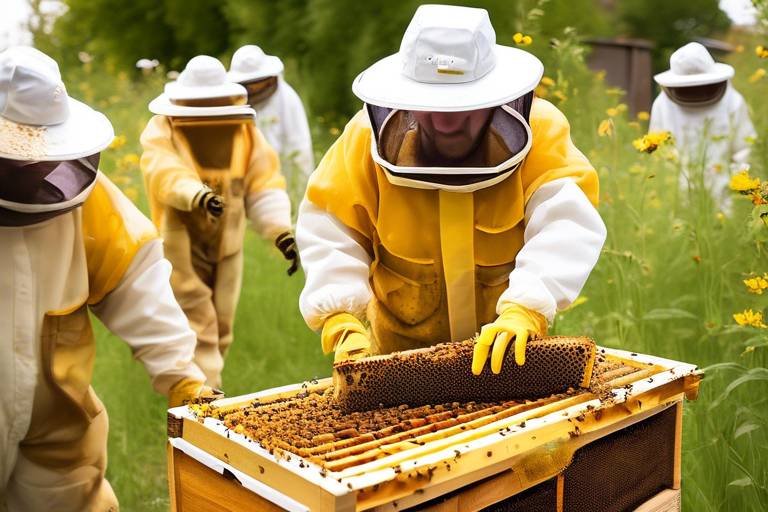How to Make Your Own Natural Insect Repellent
Creating your own natural insect repellent is not only a fun DIY project but also a great way to protect yourself from pesky bugs without exposing yourself to harmful chemicals. By using simple ingredients and essential oils, you can make a repellent that is both effective and safe for you and the environment.
Essential oils play a crucial role in natural insect repellents due to their potent properties that insects find repulsive. Among the most popular essential oils for this purpose are lavender oil and citronella oil. These oils not only ward off insects but also add a pleasant aroma to your repellent.
When it comes to formulating your own insect repellent, it's essential to consider other natural ingredients like witch hazel and apple cider vinegar. These ingredients can enhance the effectiveness of your repellent and provide additional benefits for your skin.
By following simple DIY recipes, you can create customized insect repellents tailored to your preferences. These recipes often involve blending essential oils with carrier ingredients to create a potent and long-lasting repellent solution.
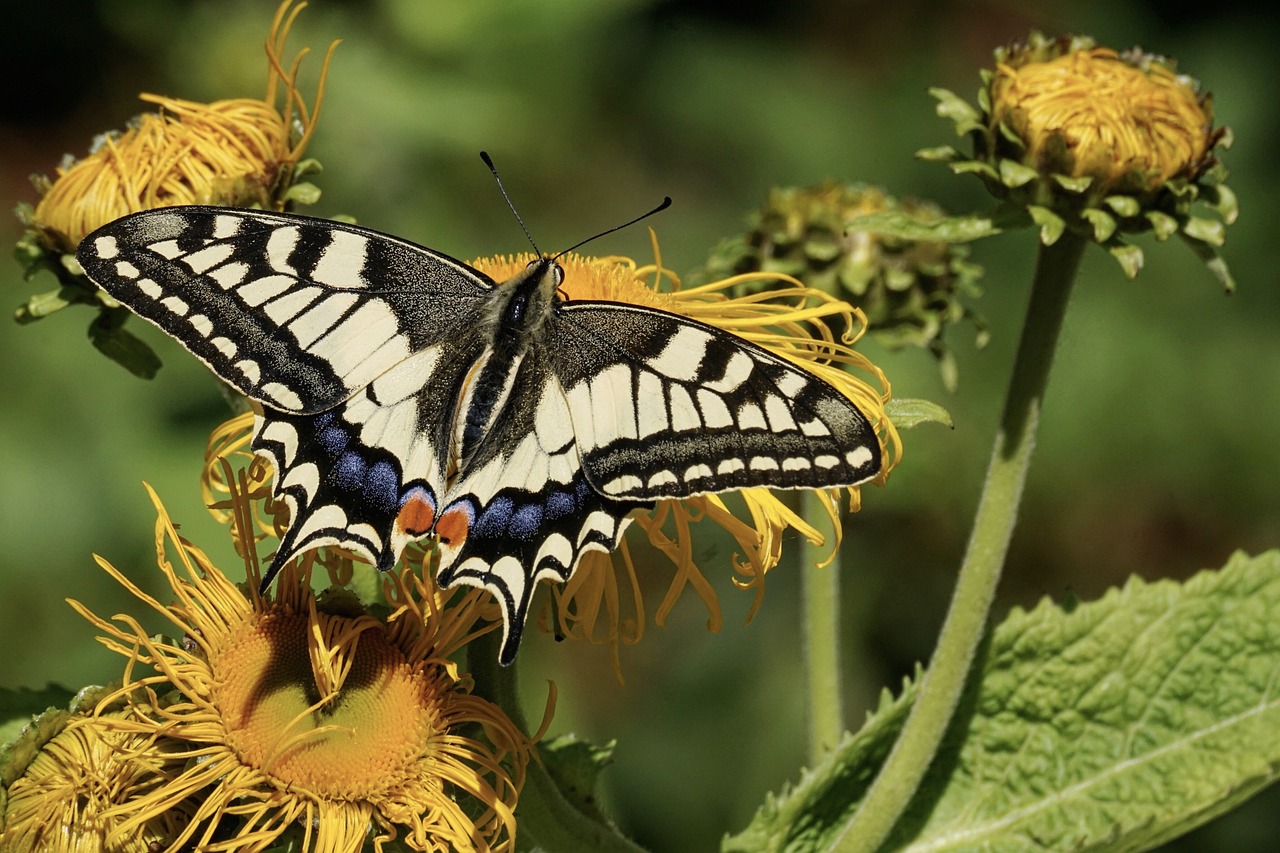
Benefits of Natural Insect Repellents
Natural insect repellents offer a plethora of benefits compared to their chemical-laden counterparts. These repellents not only keep pesky bugs at bay but also safeguard your health and the environment. By harnessing the power of essential oils and other natural ingredients, you can create a potent shield against insects without exposing yourself to harmful toxins.
One of the primary advantages of natural insect repellents is their gentle nature on the skin. Unlike synthetic repellents that may cause irritation or allergic reactions, natural alternatives are typically well-tolerated, making them suitable for individuals with sensitive skin or allergies. Additionally, the pleasant scents of essential oils used in natural repellents can provide a refreshing and aromatic experience, unlike the strong chemical odors of conventional products.
Furthermore, natural insect repellents are eco-friendly and sustainable. By opting for ingredients sourced from nature, you contribute to reducing chemical pollution in the environment. The cultivation and extraction of essential oils and other natural components have a lower environmental impact compared to the production of synthetic chemicals, promoting a greener approach to pest control.
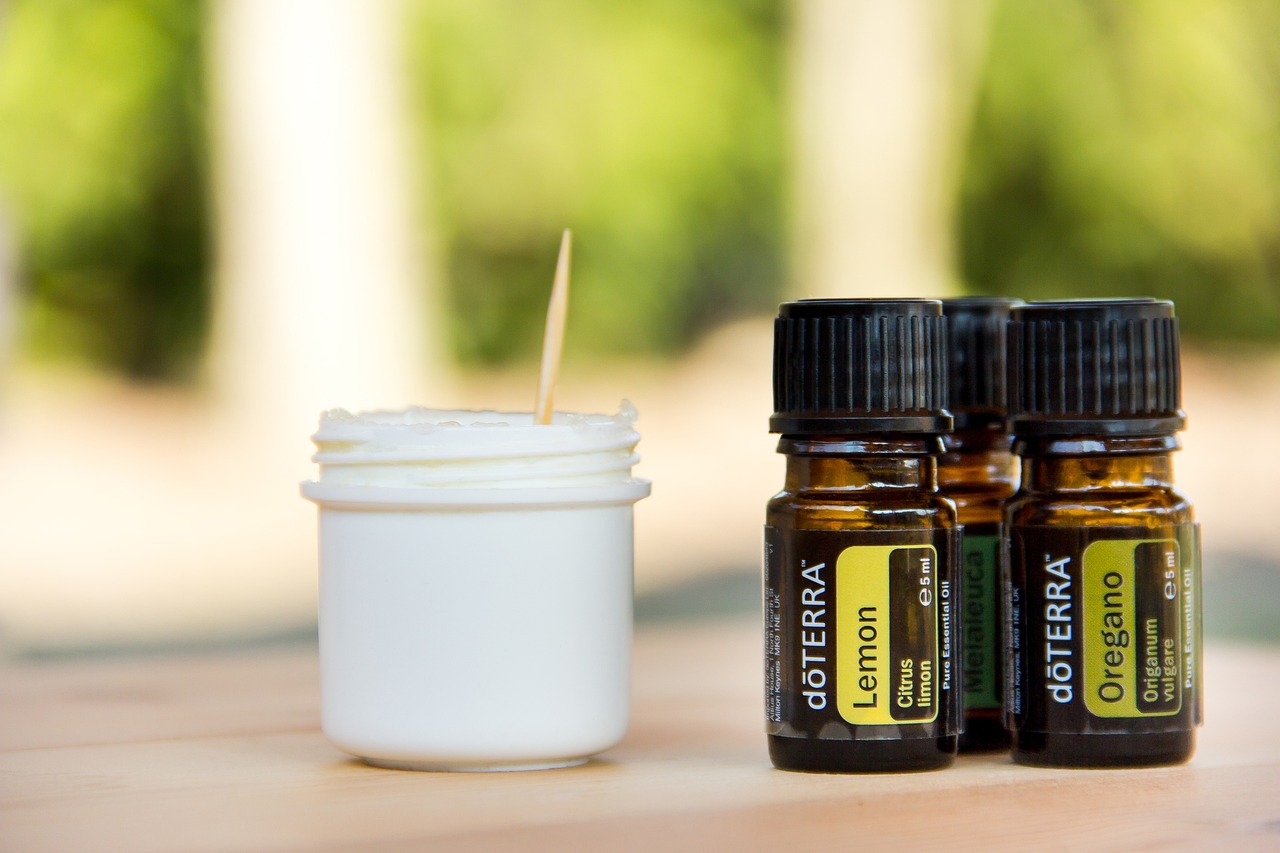
Essential Oils for Insect Repellents
When it comes to creating your own natural insect repellent, essential oils play a crucial role in providing effective protection against pesky bugs. These oils not only offer a pleasant fragrance but also possess insect-repelling properties that can keep insects at bay without the need for harmful chemicals.
One of the most popular essential oils for insect repellents is lavender oil. Known for its soothing scent, lavender oil is not only calming to the senses but also acts as a natural insect deterrent. Incorporating lavender oil into your repellent blend can create a pleasant and effective solution for keeping bugs away.
Citronella oil is another powerful essential oil that is widely used as a natural insect repellent. This oil is particularly effective against mosquitoes and other pests, making it a valuable ingredient in homemade insect repellents. Its strong aroma helps in repelling insects while also adding a refreshing scent to your repellent.
When creating your DIY insect repellent, it's essential to consider the synergistic effects of different natural ingredients. Witch hazel, for example, is a natural astringent that can complement essential oils in your repellent blend. Its properties help in stabilizing the mixture and enhancing the overall effectiveness of the repellent.
Another ingredient to consider is apple cider vinegar, which not only acts as a natural insect repellent but also offers benefits for your skin and the environment. Apple cider vinegar can help in repelling insects while also soothing the skin and providing additional protection against bug bites.
By understanding the properties and benefits of these essential oils and natural ingredients, you can create a potent and eco-friendly insect repellent that is safe for you and the environment. Experimenting with different combinations and concentrations can help you tailor the repellent to your specific needs and preferences.
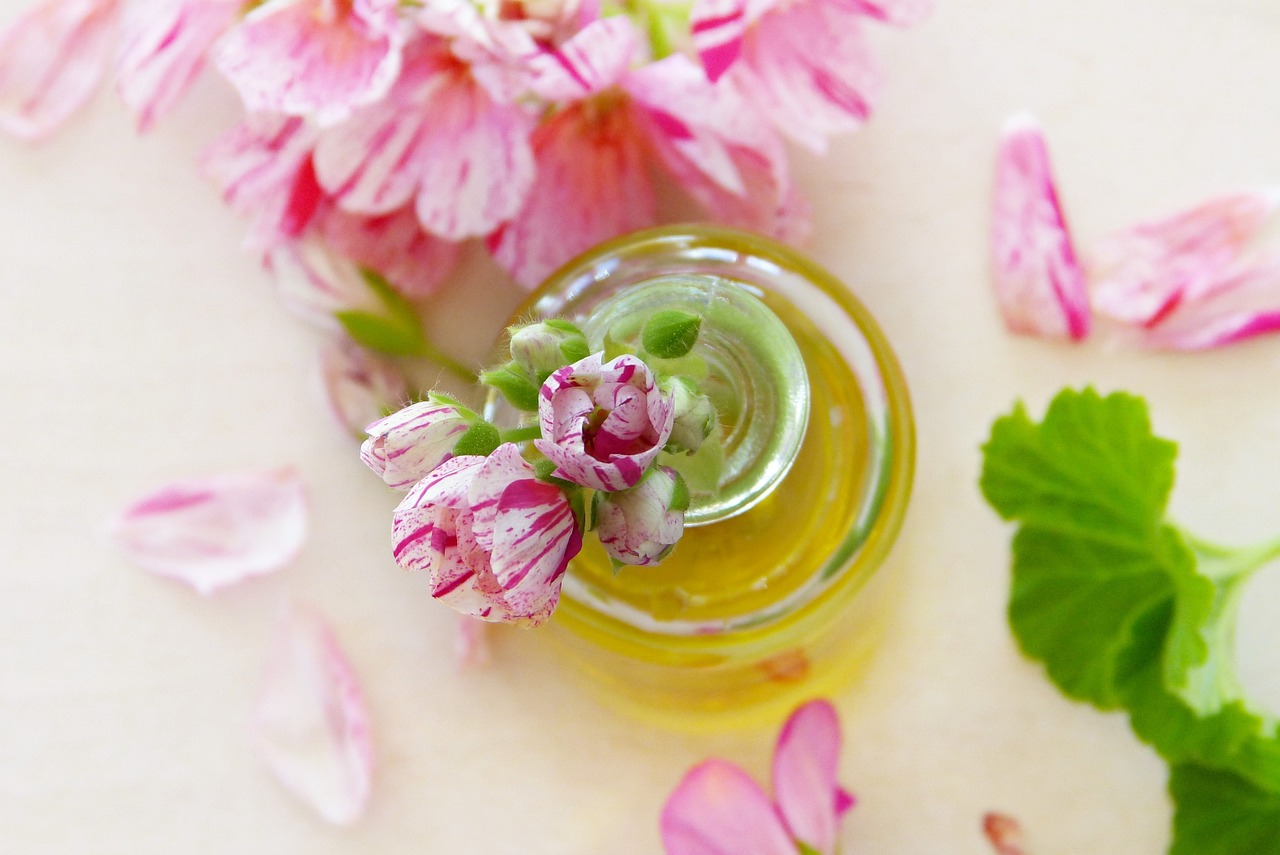
Lavender Oil
Lavender oil is a versatile essential oil known for its calming aroma and insect-repelling properties. This fragrant oil is a popular choice for creating natural insect repellents due to its pleasant scent that humans love but bugs hate. When used in insect repellent blends, lavender oil not only keeps pesky insects at bay but also adds a soothing element to the mixture, making it a delightful solution for both repelling bugs and enjoying a relaxing outdoor experience.

Citronella Oil
Citronella oil is a popular natural insect repellent known for its strong scent that deters mosquitoes and other pests. Derived from the leaves and stems of lemongrass plants, citronella oil is a versatile ingredient in DIY insect repellent recipes. Its effectiveness against mosquitoes makes it a go-to choice for outdoor activities and gatherings where pesky bugs can ruin the fun. By incorporating citronella oil into your homemade repellent, you can enjoy the outdoors without worrying about insect bites.
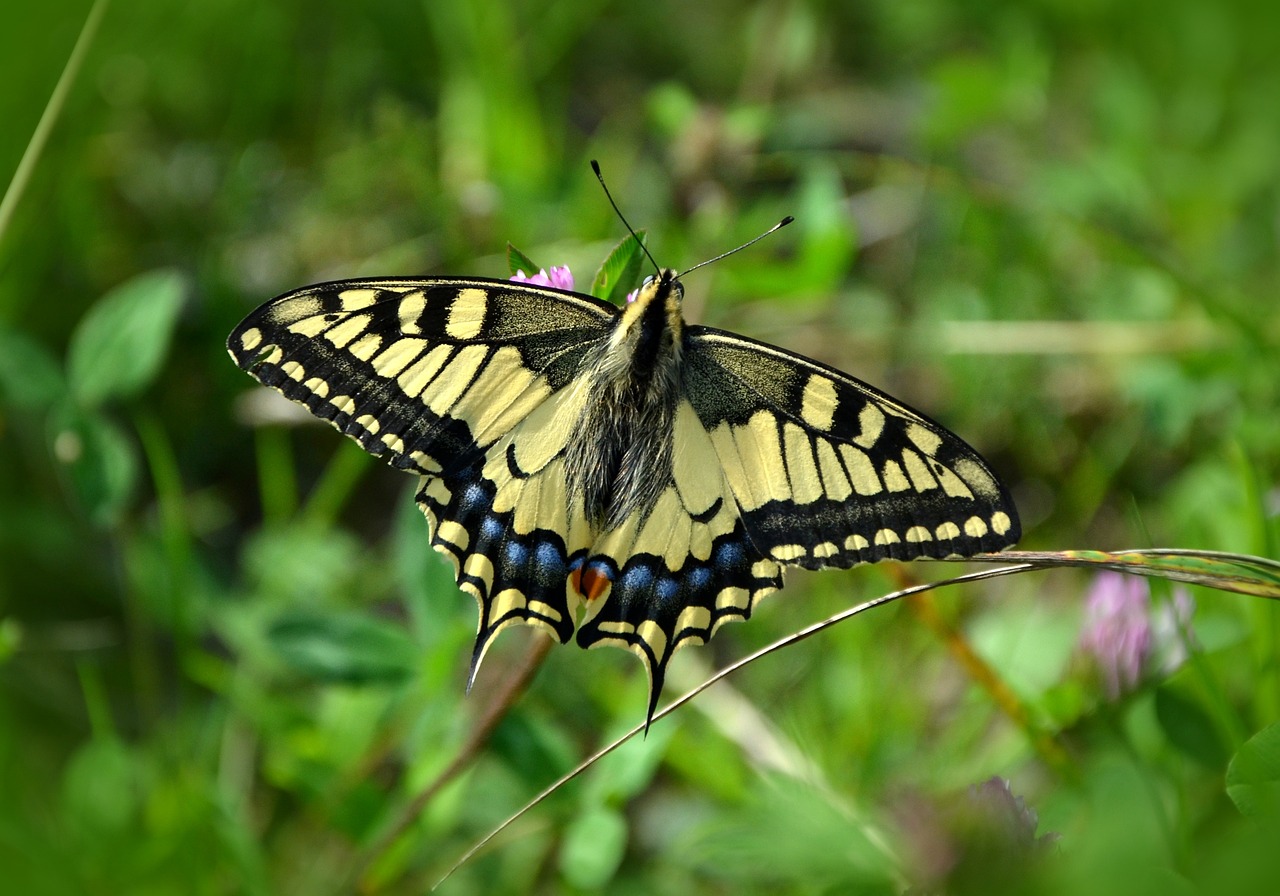
Other Natural Ingredients to Consider
When creating your own natural insect repellent, there are several other natural ingredients to consider besides essential oils. These additional components can enhance the effectiveness of your repellent and provide extra benefits. One such ingredient is witch hazel, known for its astringent properties. Witch hazel can complement the essential oils in your repellent blend, helping to create a potent solution that repels insects effectively.
Another natural ingredient to consider is apple cider vinegar. Not only does apple cider vinegar act as a natural insect repellent, but it also offers benefits for both your skin and the environment. Its acidic nature makes it unappealing to insects, helping to keep them at bay. Additionally, apple cider vinegar can soothe skin irritations and provide a natural alternative to harsh chemical repellents.
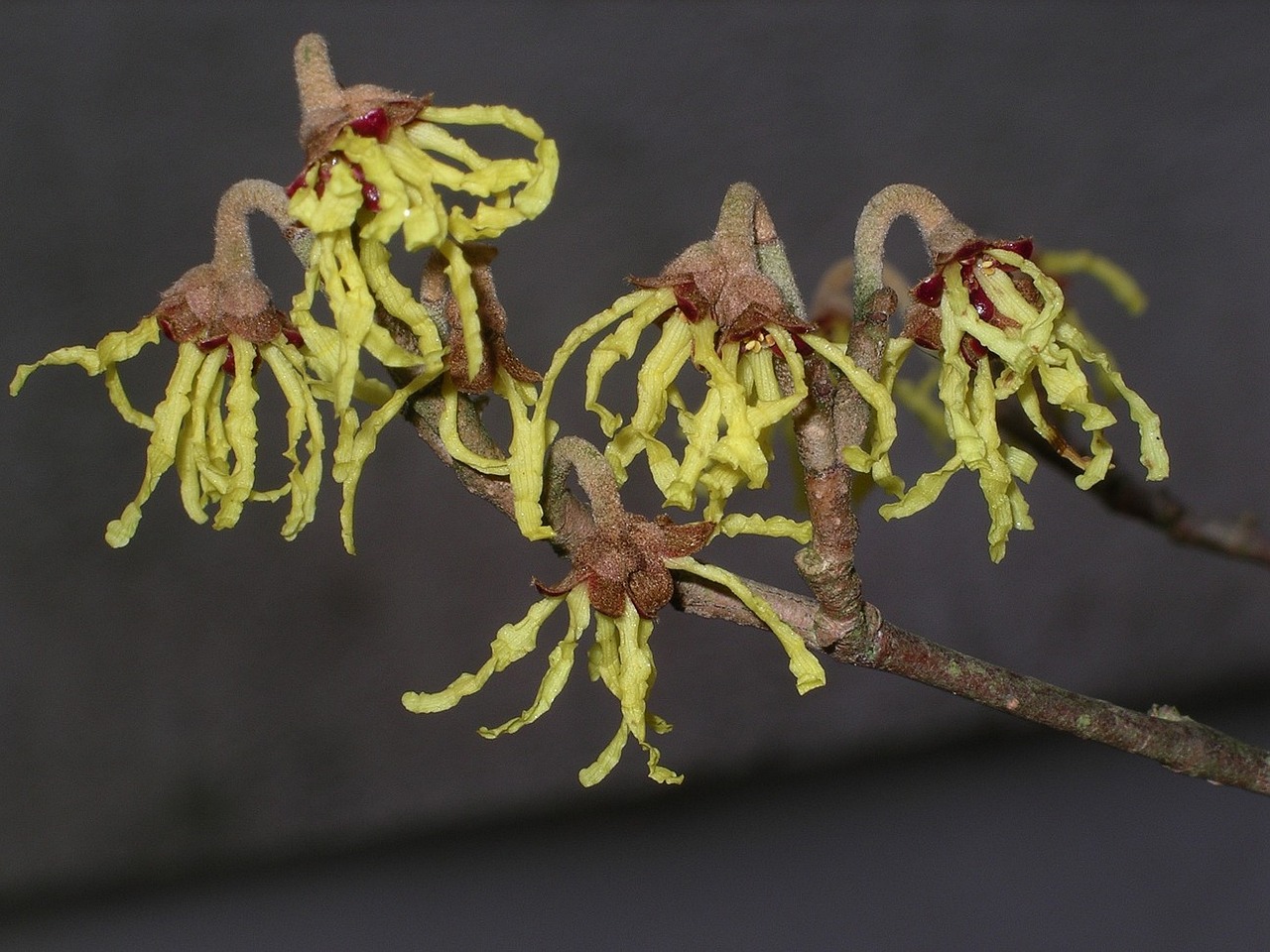
Witch Hazel
When it comes to creating your own natural insect repellent, is a key ingredient that can enhance the effectiveness of your DIY blend. Known for its astringent properties, Witch Hazel acts as a stabilizer and carrier for essential oils, helping them to adhere to the skin and prolonging the repellent's efficacy.
Derived from the Witch Hazel shrub, this natural extract has been used for centuries for its medicinal benefits. In insect repellents, Witch Hazel plays a crucial role in balancing the formula and ensuring that the essential oils are dispersed evenly for maximum coverage.
Additionally, Witch Hazel is gentle on the skin, making it suitable for those with sensitive skin types. Its soothing properties can help calm irritation from insect bites while providing a protective barrier against future encounters with pests.
When combined with essential oils like lavender or citronella, Witch Hazel creates a potent insect repellent that not only keeps bugs at bay but also nourishes and protects your skin. Whether you're spending time outdoors or simply looking for a natural alternative to chemical-laden repellents, incorporating Witch Hazel into your DIY creations is a wise choice.
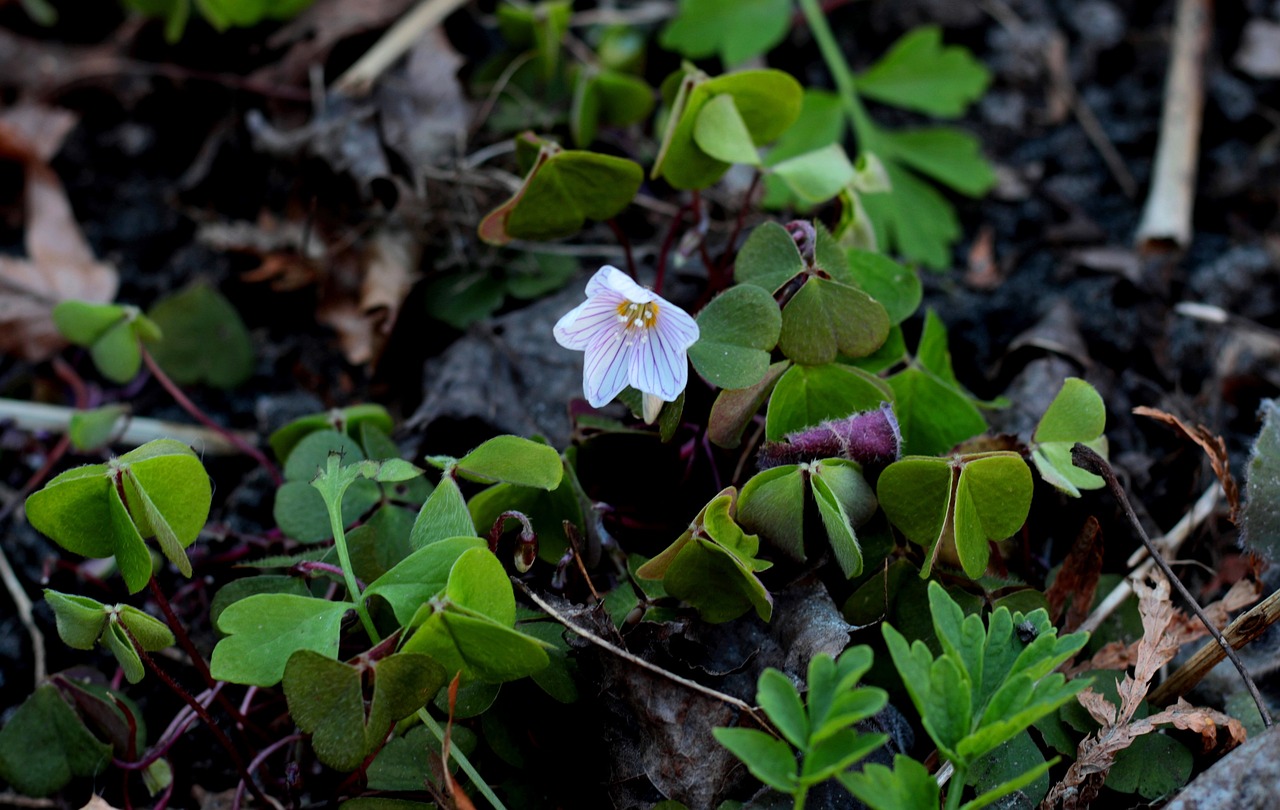
Apple Cider Vinegar
Apple cider vinegar is a versatile ingredient that can serve as a natural insect repellent due to its acidic nature. When used in insect repellent formulations, apple cider vinegar acts as a deterrent to pests while offering benefits for your skin. Its strong scent helps to repel insects effectively, making it a valuable addition to homemade repellents. Additionally, apple cider vinegar contains properties that can soothe and nourish the skin, providing a dual function in your insect repellent blend.
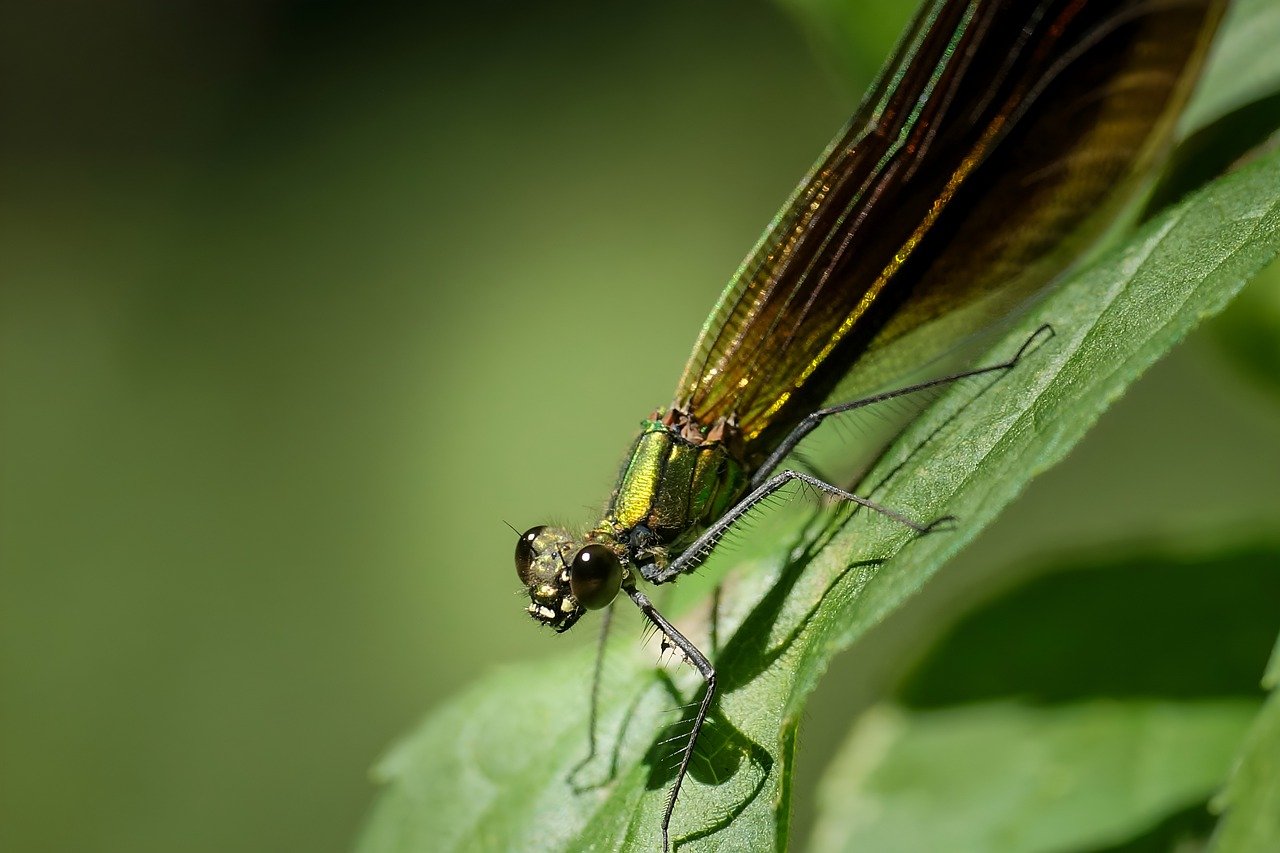
DIY Natural Insect Repellent Recipes
Are you tired of pesky insects ruining your outdoor adventures? Say goodbye to chemical-laden repellents and embrace the power of nature with DIY natural insect repellents. By harnessing the potency of essential oils and other natural ingredients, you can create effective bug-fighting solutions that are gentle on your skin and the environment.
Using natural ingredients like essential oils in insect repellents offers a multitude of benefits. Not only are these repellents free from harsh chemicals that can harm your skin and the ecosystem, but they also provide a pleasant aroma that doubles as a natural air freshener. Say goodbye to synthetic fragrances and hello to the refreshing scents of nature!
When it comes to warding off insects, essential oils are your best allies. Lavender oil, known for its calming properties, not only soothes your senses but also acts as a potent insect repellent. On the other hand, citronella oil is a powerhouse against mosquitoes and other pests, keeping them at bay with its strong aroma. Embrace the natural power of essential oils in your homemade repellents!
Lavender oil is a versatile essential oil that not only smells divine but also possesses insect-repelling properties. Incorporating lavender oil into your repellent blend not only keeps bugs away but also leaves a pleasant floral scent lingering in the air. Say goodbye to harsh chemical sprays and opt for the soothing embrace of lavender.
Known for its strong aroma, citronella oil is a natural insect repellent that effectively deters mosquitoes and other pests. By harnessing the power of citronella in your DIY repellents, you can enjoy the outdoors without the constant buzz of unwanted visitors. Embrace the natural potency of citronella and bid farewell to pesky bugs!
Enhance the effectiveness of your natural insect repellents by incorporating additional ingredients like witch hazel and apple cider vinegar. These natural wonders not only boost the potency of your repellents but also offer additional benefits for your skin and the environment.
With its astringent properties, witch hazel acts as a perfect complement to essential oils in your insect repellent blend. Not only does it help in toning and cleansing the skin, but it also enhances the efficacy of your repellent, ensuring long-lasting protection against bugs.
Apple cider vinegar is not just a kitchen staple but also a potent insect repellent. By incorporating apple cider vinegar into your DIY repellents, you can enjoy its benefits for both your skin and the environment. Say goodbye to chemical-laden sprays and opt for the natural goodness of apple cider vinegar.
Ready to take control of your bug battle? Create your own natural insect repellents at home with simple ingredients and essential oils. Whether you prefer a soothing lavender blend or a powerful citronella spray, these DIY recipes will keep insects at bay while pampering your senses. Say hello to a bug-free world with these easy-to-make repellents!
Frequently Asked Questions
- Are natural insect repellents as effective as chemical ones?
Natural insect repellents can be just as effective as chemical ones, especially against common insects like mosquitoes and flies. While they may need to be reapplied more frequently, the benefit of using natural ingredients is that they are safer for your health and the environment.
- Can I customize the scent of my natural insect repellent?
Absolutely! One of the advantages of making your own natural insect repellent is the ability to customize the scent according to your preferences. You can experiment with different essential oils like citronella, lavender, or eucalyptus to create a fragrance that you find pleasant.
- Is it safe to use natural insect repellents on children and pets?
Most natural insect repellents are safe to use on children and pets, but it's always recommended to do a patch test before widespread application. Some essential oils may be too strong for certain individuals, so it's important to dilute them properly and consult with a healthcare provider if you have any concerns.
- How long does a homemade natural insect repellent last?
The longevity of a homemade natural insect repellent can vary depending on the ingredients used and environmental factors. In general, natural repellents may need to be reapplied every few hours for optimal effectiveness, especially in heavily infested areas.



















